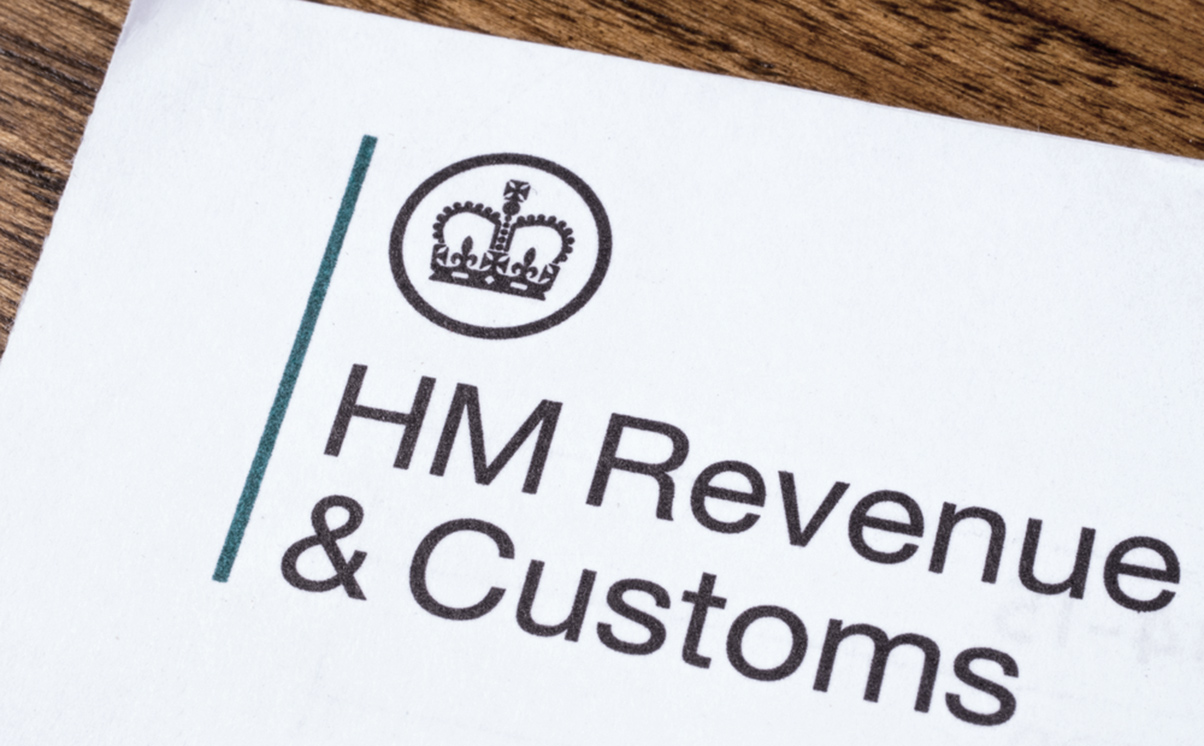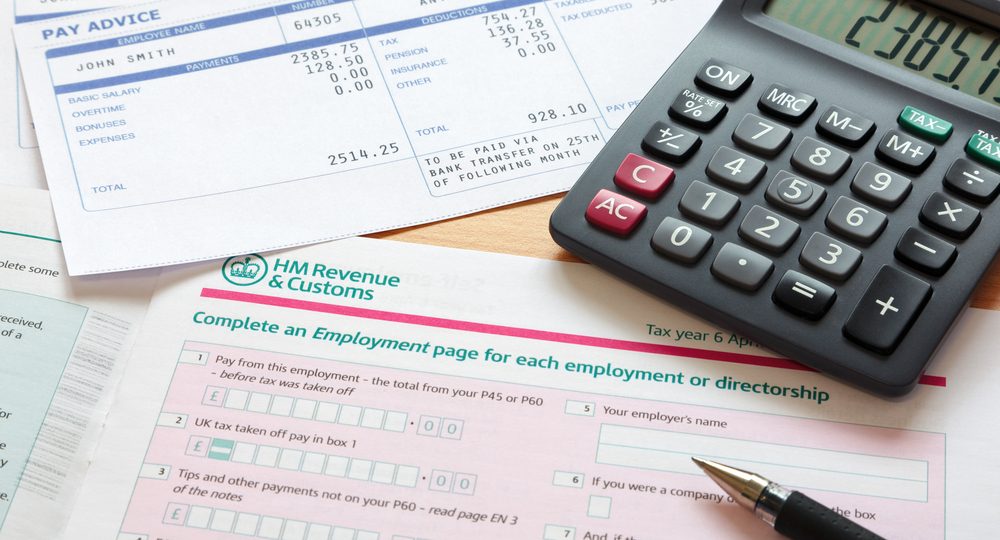Many UK companies that have submitted claims for Research and Development (R&D) tax relief have been exasperated by HMRC’s approach to their claims.
The First-tier Tribunal’s decision and comments in the recent case of Get Onbord Limited [2024] UKFTT 617 (TC) provide a welcome dash of common sense and cause for optimism that HMRC’s approach to R&D claims may prove less intransigent from now on. Tax Litigation and Resolution partner Matthew Greene summarises the current state of play and whether this case marks a tipping point.
HMRC’s stance to date
When dealing with R&D tax relief claims, HMRC all too often states it has consulted “internal specialists”, such as IT experts, and is not satisfied that the company’s activities involved any R&D.
No matter what the company does next, such as providing further evidence or offering to meet HMRC’s technical specialists, HMRC digs in. It often insists the purported R&D did not add to the existing state of knowledge in the relevant field of science or technology. It says it would have been obvious to any competent professional in that field or that the purported R&D was no more than a practical workaround to solve the company’s specific commercial problem.
Genuine R&D projects involve significant investment of resources by companies and the deployment of highly specialist expertise at the cutting edge of science and technology. To be met with a curt rejection, often with little or no reasoning beyond “we are not satisfied there is R&D”, can be galling, to say the least.
Get Onbord Limited (“GOL”)
GOL developed a technology-enabled ‘know your client’ (“KYC”) process to manipulate and manage data to replace the traditionally slow, often fallible, human KYC process used by many companies, notably in the financial services sector.
HMRC reviewed the claim and rejected it, saying that its chief digital information officers could see no evidence that R&D had taken place. Upon an internal HMRC review, it was stated there was no evidence of scientific or technological advance. HMRC said: “The use of the APIs [application programming interface], AI, algorithms, the data manipulation and database design may have been novel and difficult to achieve, however we have had no evidence that there has been an advance to any technologies in the process.”
There is a perception among many taxpayers that no matter how much detail or explanation is given to HMRC, its answer will still be “no”, yet no reasoning is given. Moreover, the scientific credentials of the “technical specialists” behind these decisions is often unclear. One of the most interesting aspects of this case is the tribunal’s discussion of whether or not the taxpayer had met the burden of proving on the balance of probabilities that there was R&D.
The First-tier Tribunal (“FTT”) looked at tax cases beyond the R&D sphere, such as corporate residence cases, and noted that while the burden of proof is on the taxpayer, there may come a point where the taxpayer can say: “We have done enough to raise a case that our project comprised an overall advance in science and technology. What more can the Tribunal expect from us? The burden must now pass to the Revenue to produce some material to show that, despite what appears from everything we have produced, our project was as a routine advance.”
What could the decision change?
GOL succeeded in its appeal. The FTT reiterated the importance of evidence to substantiate R&D claims. In relation to GOL, the FTT was clearly impressed by GOL’s main witness. If HMRC were going to win, it needed to produce some evidence to cast doubt on GOL’s evidence. HMRC’s own witness had no technological expertise and was unable to do so.
The FTT was keen to explain that it was not lowering the burden of proof; it was satisfied that GOL had discharged its burden. The FTT went on to signal its hope that both taxpayers and HMRC will put all their scientific cards face up on the table.
From HMRC’s perspective, that means providing details of its own scientific analysis and evidence as opposed to simply rejecting R&D claims with little explanation beyond the fact that they are “not satisfied” there was R&D. This was only a closing remark by the FTT and has no binding authority on HMRC, but it is hoped it will take it on board.
You can find further information regarding our expertise, experience and team on our Tax Litigation and Resolution page.
If you require assistance from our team, please contact us.
Subscribe – In order to receive our news straight to your inbox, subscribe here. Our newsletters are sent no more than once a month.






